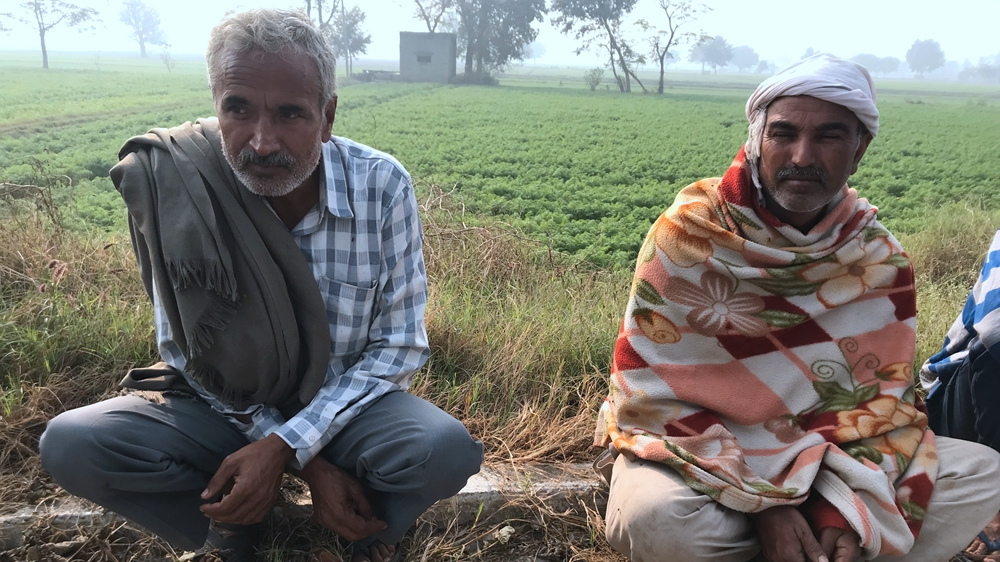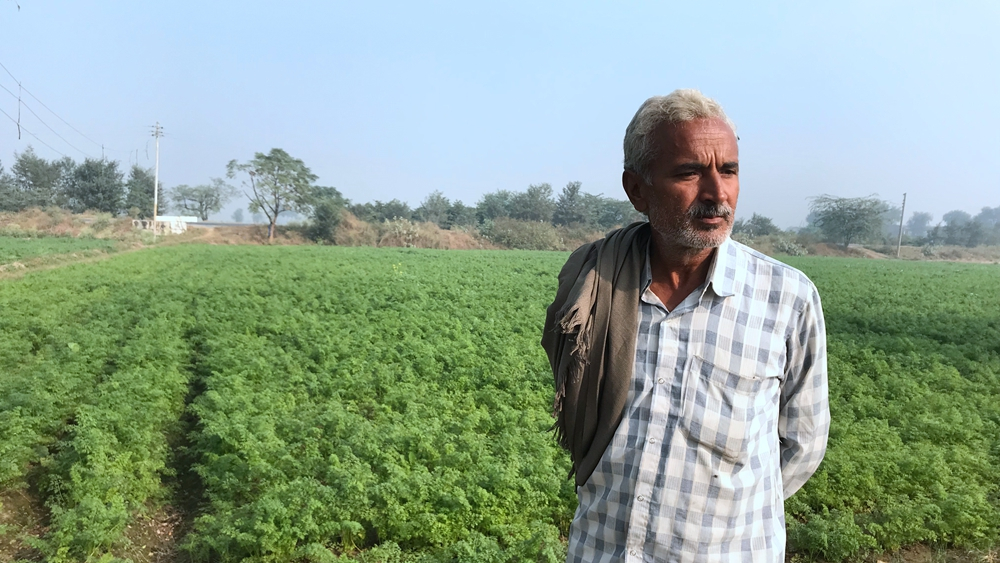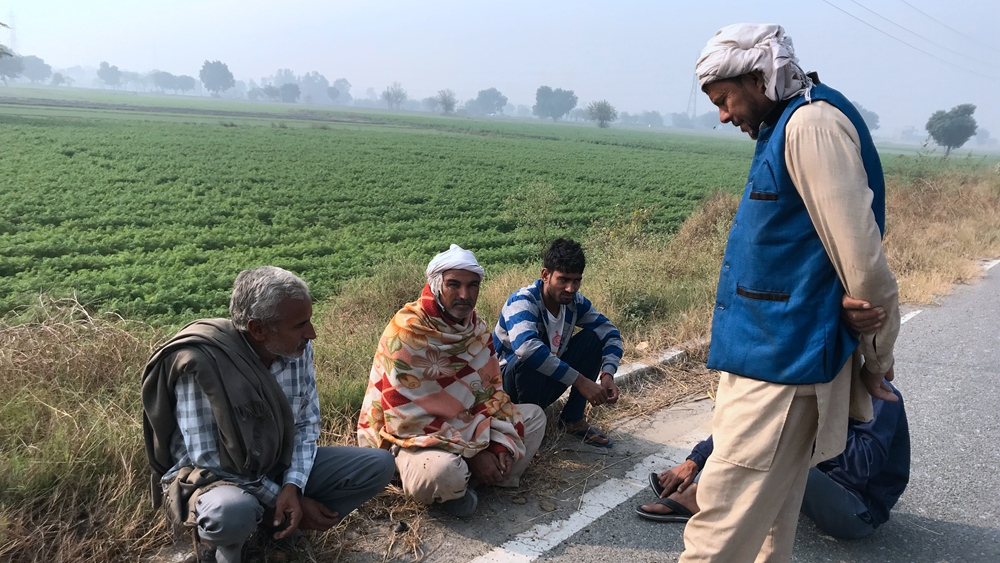
World
18:47, 30-Nov-2018
Indian farmers protest against anti-farmer policies
Updated
17:47, 03-Dec-2018
By Ravinder Bawa

Delhi, the capital of India, is in the midst of the fourth farmer protest this year. About 200,000 farmers from all over India are expected to gather on November 30 to demand for a special session of Parliament to address farmers' issues.
On October 2, thousands congregated in Delhi to protest against the anti-farmer policies of the government but it resulted in violent clashes between the farmers and the police.
The fear of more violence is not keeping the farmers from coming to Delhi.
Dhanpath Singh, a farmer in distress from the northern state of Haryana has decided to join the protest. He is under huge debt and is almost on the verge of letting go. His downfall started two years back when the government announced demonetization to tackle black money. He leased a piece of land to cultivate carrots and make a killing but all his dreams fell flat when his carrots sold at a quarter of the actual price.

Dhanpat Singh, a farmer from Sonipat in the northern state of Haryana, stands on his field. /CGTN Photo
Dhanpat Singh, a farmer from Sonipat in the northern state of Haryana, stands on his field. /CGTN Photo
Singh said, "I don't have any hope from this government. This government did not give any thought to what will be the repercussions nor were they prepared to handle the impact of their decision of demonetization of currency. They ruined us all. They specially ruined the farmers."
Most of the farmers in Singh's village of Devru in Sonipat are in debt and don't know how to repay their loans. Like Singh they have also exhausted all options including the farmer credit card provided by the government. The rising price of fertilizers, pesticides and manure is making agriculture unprofitable.
Many of them from Singh's village have small holdings so they lease one square meter land for about 60 U.S. dollars per year, but they have failed to pay this sum back and have accumulated loans in hundreds of thousands.
Mahadev Solanki, a farmer from Singh's village explains, "We have to buy seeds every year as we cannot use the ones from the last year anymore. The prices of seeds have gone up considerably. To add to it we have to buy manure and pesticides which have also become expensive. So as a result we end up spending a lot of money which fail to recover from selling the produce."

Dhanpat Singh,1st from left, discusses farm issues with friends. /CGTN Photo
Dhanpat Singh,1st from left, discusses farm issues with friends. /CGTN Photo
Singh adds, "Since the cost of farming has gone up we end up using less of fertilizers and manure which affects the productivity and we get less produce. The produce we have cannot get us enough money to pay back the loan and to sustain ourselves for the next year and this way the debt accumulates. And finally small farmers end up selling off their land and end up killing themselves. This is why we hear so many farmer suicide."
Farmers across India say that the government has failed to deal with the agrarian crisis. Singh and many farmers like him who have done nothing all their life but farm say that they do not want their children to remain in the industry.
Singh says, "I tell my children to study and not to take up farming as this is a loss making venture. I have done this all my life and I don't know any other source of income but they should choose another profession."
Farmers in India want the government to pass bills to increase the minimum support price of grains and loan waivers. The government's target is to double farmer incomes by 2022 but the reality make it seem an impossible target.

SITEMAP
Copyright © 2018 CGTN. Beijing ICP prepared NO.16065310-3
Copyright © 2018 CGTN. Beijing ICP prepared NO.16065310-3